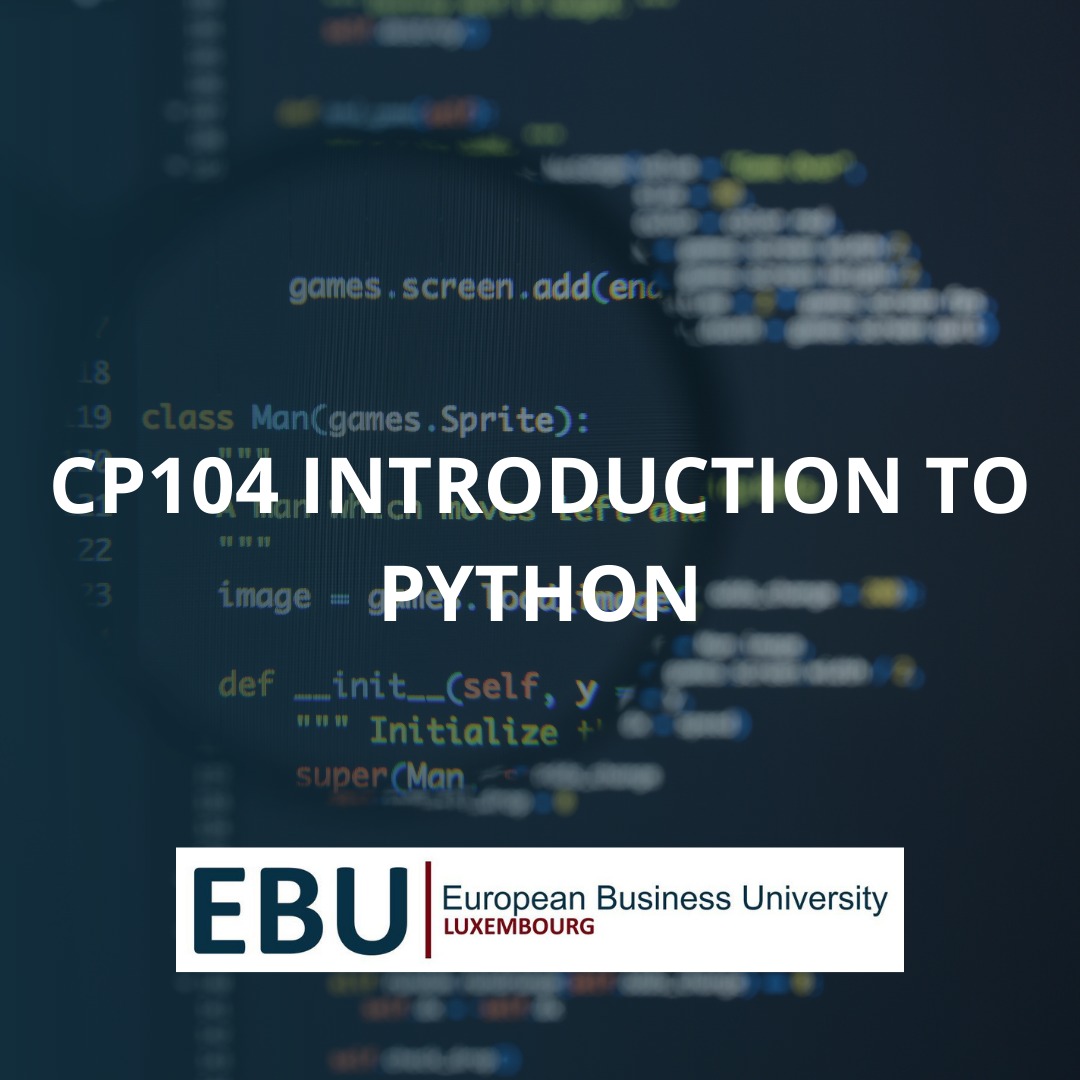
Applied Blockchain Technologies, Introduction to DeFi & P2P Trading is an excellent skill-building approach to assist individuals in all areas of the private and public-sector in understanding, applying and intelligibly discussing industry specific strategic ramifications of blockchain technology.
This is not a coding course, but rather, introduces the fundamental concepts and technical underpinning required by professionals to learn, maintain, apply or improve their grasp of this innovation. The program strategically focuses on Blockchain use spanning multiple industries and measures the disruptive force of DeFi and P2P trading.
This practical course is a proof-of-concept approach that seeks to apply Blockchain in functional areas such as, but not limited to: Asset Management Trade Processing and Settlement; Insurance Underwriting and Claims processing; Cross-Border Payments; Traceability and Transparency in Supply Chain Management; Government Public Services such as Procurement, Registration and e-Voting; Pharma and General Health Care Management, in supervising Drugs, Regulation Compliance and testing results; Music Industry Ownership Rights, Royalty Distribution, and Transparency; and others.
- Profesor: Dr. James Mulli

- Profesor: Florjana Lleshi

- Profesor: Dr. Nicholas Boehnlein

The objective of this course is to identify and demonstrate the nature and importance of female
leadership. This course will start with discussions on various leadership theories as well as the
leadership development, success of female leaders and what it means when a leader needs to be a
good follower. This class will host 5 female guest speakers coming from various leadership
backgrounds. The students will explore the character, personal attributes, and behaviours of effective
female leaders.
- Profesor: Bella Omino
- Profesor: Julija Trosic

This course provides a survey of the business world. Students will achieve an understanding of the basic principles and practices of contemporary business. Upon completion, students should be able to demonstrate an understanding of business concepts as a foundation for studying other business subjects. The course covers the following topics: The Environment of Business; Business Ownership and Entrepreneurship; Management and Organization; Human Resources; Marketing; Finance and Investment.
- Profesor: Marilét De Jager
- Profesor: Kylie Lippert
- Profesor: Julija Trosic

NOTE: Prior Programming Experience is Recommended eg. Python, Java, C++
You MUST have a computer when taking the course.
Students will develop their functional programming skills in the languages Haskell and Plutus. This will help make them competent smart contract programmers; adept at changing the world through the creation of new systems and decentralised applications in the Cardano Ecosystem. The course opens a door of opportunity to work in the early development of Cardano; the fastest growing Cryptocurrency. Which aims to bank the unbanked and create new financial systems for emerging world markets.
The course will teach you the core principles of how to code in both Haskell and Plutus. Modules will cover the building blocks of Haskell and Plutus, including functions and data types, type classes, monads, template Haskell, using the Plutus Playground, The Marlowe Playground, the Extended UTXO model, working with Plutus on and off the chain, minting policies, state machines, the Plutus application framework, as well as case studies and practical exercises.
Prerequisites: While you do not need to be an expert in formal methods, programming experience and a general aptitude for logical and mathematical thinking are highly desirable.
PS: Taking the Plutus/Haskell course leads to potential internships through being connected with companies to develop smart contracts.
- Profesor: Ernest Musyoki
- Profesor: Raphael Rotondari

NOTE: You MUST have a computer when taking the course.
Students will review Python with this introductory course and familiarize themselves with programming.
Carefully crafted by EBU, upon completion of this course students will be able to write Python scripts, perform fundamental hands-on data analysis using the Jupyter-based lab environment, and create their own projects.
- Profesor: Susan Ndagi
